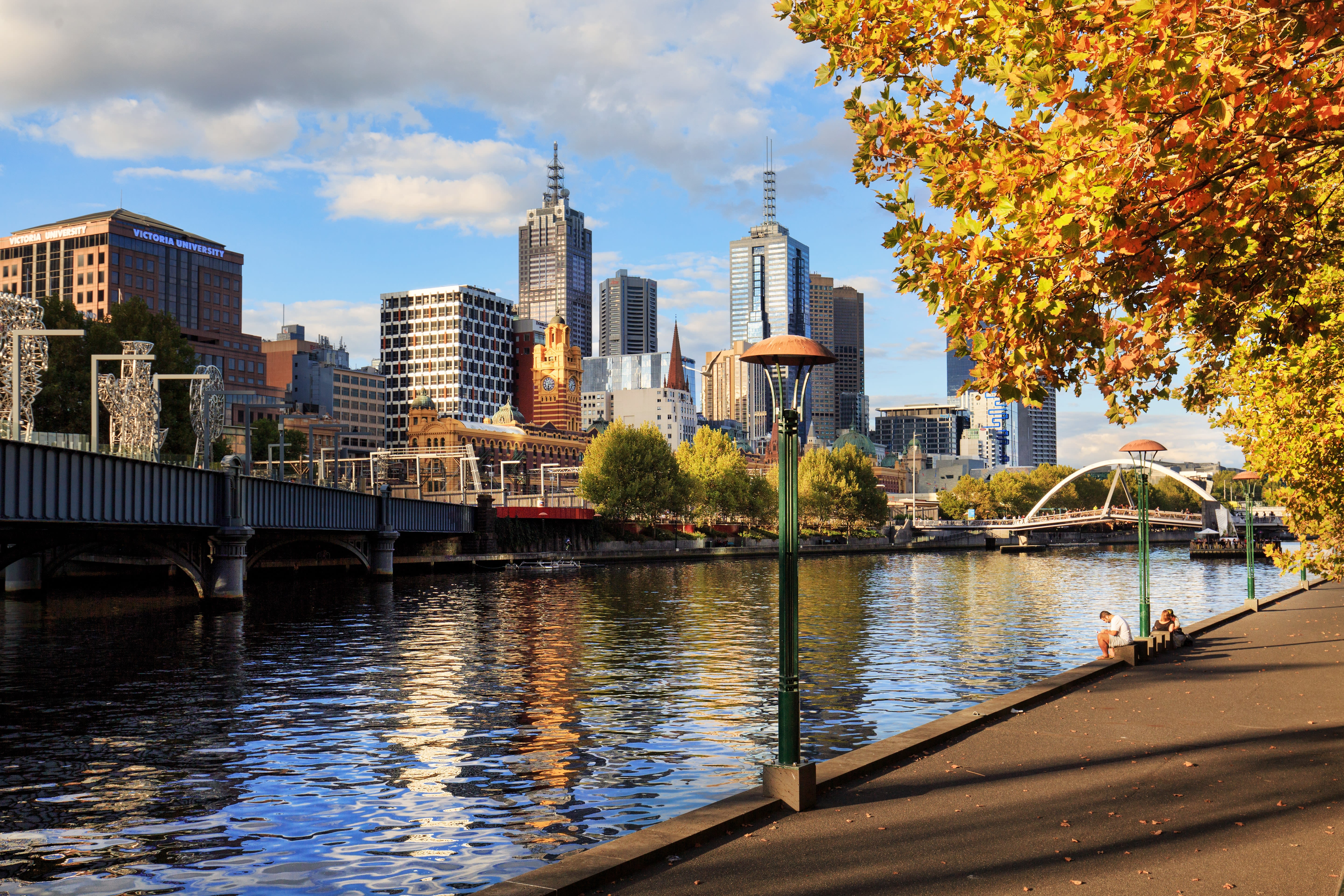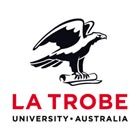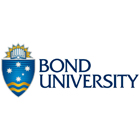- News and articles
- Events
- Find usIDP AustraliaIDP BahrainIDP BangladeshIDP CambodiaIDP CanadaIDP ChinaIDP EgyptIDP GhanaIDP Hong KongIDP IndiaIDP IndonesiaIDP IranIDP JordanIDP KenyaIDP KoreaIDP KuwaitIDP LebanonIDP MalaysiaIDP MauritiusIDP Middle EastIDP NepalIDP New ZealandIDP NigeriaIDP OmanIDP PakistanIDP PhilippinesIDP Saudi ArabiaIDP SingaporeIDP Taiwan, ChinaIDP ThailandIDP TurkeyIDP UAEIDP VietnamIDP Corporate
- Social
- English
A thorough guide for Sri Lankan students seeking to pursue education in Australia.
If you aspire to advance your education in Australia, pursue a top-tier degree, or accelerate your career, Australia presents a multitude of opportunities. Whether you opt for an MBA, an engineering program, humanities studies, or an English language course, Australia stands out for its exceptional quality of life, academic distinction, and unwavering support for international students.
Australia's education quality, diverse course offerings, and post-study career prospects position it as a coveted choice for Sri Lankan students. When you decide to pursue studies in Australia, you gain access to a selection of 22,000 courses across 1,100 universities and institutions, obtain globally recognized qualifications, explore numerous scholarship avenues, and benefit from world-class educators.
Why Study in Australia?
Studying in Australia can be a rewarding experience for several reasons. Here are some key factors that make Australia an attractive destination for international students:
Australia is home to several world-class universities known for their excellent academic standards. Many Australian institutions consistently rank highly in global university rankings.
It provides opportunities for international students to work part-time during their studies and full-time during scheduled breaks. This can help you gain practical experience, earn money, and improve your employability skills.
Australia consistently ranks high in terms of quality of life. It has a stable political environment, a strong economy, and a high standard of living.
Australia offers post-study work visas that allow international students to stay and work in the country for a certain period after completing their studies. This can be a valuable opportunity to gain work experience.
Student visa requirements for Australia
Student visa requirements for Australia typically include the following:
Confirmation of Enrolment (CoE): You must have a valid CoE from a registered Australian educational institution for the course you intend to study.
Genuine Temporary Entrant (GTE) Statement: You'll need to submit a GTE statement to prove your genuine intent to study in Australia.
Financial Capacity: You must demonstrate that you have enough funds to cover tuition fees, living expenses, and return airfare.
English Language Proficiency: Depending on your course and institution, you may need to provide evidence of your English language proficiency through tests like IELTS.
Health Insurance: Overseas Student Health Cover (OSHC) is mandatory to cover your medical expenses while in Australia.
Character Requirements: You'll need to provide a police clearance certificate to show you have a good character.
Health Examination: Depending on your home country and intended length of stay, you may be required to undergo a health examination.
Biometrics: In some cases, you may need to provide biometrics (fingerprint and photograph) as part of the application process.
Visa Application Fee: You must pay the visa application fee, which varies depending on the type of visa and your location.
Interview: You may be asked to attend an interview at the Australian embassy or consulate.
Please note that these requirements can vary based on your nationality, the type of course you're applying for, and your individual circumstances. It's important to check the official Australian government website or consult with the nearest Australian embassy or consulate for the most up-to-date and specific information regarding student visa requirements for your situation.
Cost to study in Australia
The cost of studying in Australia can vary widely depending on several factors, including the type of course, the institution, the location, and your lifestyle choices. Here's a general breakdown of the costs you might incur:
Tuition Fees: The biggest expense is usually tuition fees. They vary based on the course and institution. On average, undergraduate programs can range from AUD 20,000 to AUD 45,000 per year, while postgraduate programs can range from AUD 22,000 to AUD 50,000 per year.
Living Expenses: These include accommodation, food, transportation, and personal expenses. On average, you should budget around AUD 20,000 to AUD 27,000 per year for living costs, although this can be higher in major cities like Sydney or Melbourne.
Health Insurance: Overseas Student Health Cover (OSHC) is mandatory for international students. The cost varies but is typically around AUD 500 to AUD 600 per year.
Books and Study Materials: This can range from a few hundred to a couple of thousand dollars per year, depending on your course.
Visa Fees: The student visa application fee is currently AUD 620.
Additional Costs: This can include travel, entertainment, and other personal expenses. It's advisable to have some extra funds for unforeseen expenses.
Scholarships to study in Australia
Scholarships to study in Australia are widely available to international students, and they can significantly help offset the cost of education. Here are some types of scholarships you can explore:
Australian Government Scholarships: These are offered by the Australian government to international students and cover various fields of study. The Australia Awards Scholarships, for example, target students from developing countries.
University Scholarships: Many Australian universities offer scholarships to international students based on academic excellence, leadership qualities, or specific criteria related to the course of study.
Research Scholarships: If you're pursuing a research-based program (e.g., a PhD), you may be eligible for research scholarships that cover tuition fees and provide a stipend.
External Scholarships: Some organizations, both in Australia and internationally, offer scholarships to students planning to study in Australia. These can be industry-specific or based on other criteria.
Destination Scholarships: Certain Australian states and territories, such as New South Wales and Victoria, offer scholarships to attract international students to study in their regions.
Scholarships for Specific Countries: Some scholarships are available exclusively to students from particular countries or regions.
Sports and Arts Scholarships: If you excel in sports or the arts, you may be eligible for scholarships that support your talents while studying in Australia.
English Language Scholarships: If English is not your first language, you might find scholarships that help improve your language skills before pursuing your main course of study.
Intakes in Australia
In Australia, there are primarily two major intakes for international students:
Semester 1 (February/March Intake): This is the primary intake and corresponds to the first semester of the Australian academic year. It typically starts in late February or early March. Application deadlines for Semester 1 usually fall between August and November of the previous year.
Semester 2 (July Intake): The second major intake aligns with the second semester of the Australian academic year and starts in July. Application deadlines for Semester 2 generally fall between January and April of the same year.
Read more Intakes in Australia
It's important to note that the availability of courses and intakes may vary depending on the specific institution and the course you intend to pursue. Some institutions may also offer additional intakes, such as trimesters or short courses with multiple start dates throughout the year.
Top courses to study in Australia
Australia offers a wide range of courses for international students across various fields. Here are some of the top courses to consider:
Engineering: Australia is known for its strong engineering programs, including civil, mechanical, electrical, and software engineering.
Business and Management: Business courses, including MBA programs, are highly regarded in Australia, with a focus on entrepreneurship, innovation, and management.
Information Technology: Australia's IT programs are known for their quality and relevance in areas like cybersecurity, data science, and software development.
Health Sciences: Courses in medicine, nursing, pharmacy, and public health are popular among international students, with excellent facilities and research opportunities.
Natural Sciences: Australia's universities offer diverse programs in biology, chemistry, physics, and environmental sciences.
Education: Australia is a hub for education and teacher training, making it an attractive destination for aspiring educators.
Creative Arts: Courses in design, fashion, film, and the performing arts are highly regarded, with opportunities for creativity and innovation.
Social Sciences: Psychology, sociology, and political science programs are well-developed, offering valuable insights into human behaviour and society.
Hospitality and Tourism: With its stunning landscapes and multicultural cities, Australia offers excellent hospitality and tourism programs.
Agriculture and Environmental Sciences: Australia's unique environment makes it an ideal place to study agriculture, ecology, and sustainability.
Mining and Resources: Courses related to mining, geology, and resource management are in demand due to Australia's rich natural resources.
Law: Law programs provide comprehensive legal education and open doors to legal careers in Australia and abroad.
Creative Writing and Journalism: Australia has a strong tradition of literary and journalistic excellence, making it an ideal place to study these fields.
International Relations and Political Science: Given Australia's strategic location, courses in international relations are popular among international students.
Architecture and Urban Planning: Australia's cities offer a unique blend of traditional and modern architecture, making it an exciting field of study.
Top universities to study in Australia
Australia is home to several world-renowned universities known for their academic excellence and research contributions. Here are some of the top universities to consider for your studies:
Job prospects in Australia
Australia offers strong job prospects for international students, thanks to its robust economy and diverse job market. Here are some key points about job prospects in Australia:
Post-Study Work Opportunities: International students who complete a degree in Australia may be eligible for the Temporary Graduate Visa (subclass 485), which allows them to work in Australia temporarily after graduation. The duration of this visa depends on the level of qualification completed.
Strong Economy: Australia has a stable and growing economy, which translates to a healthy job market. Key industries include healthcare, information technology, engineering, finance, and education.
Internship Opportunities: Many universities in Australia offer internship programs that provide students with practical work experience in their field of study. These internships can be valuable for networking and gaining relevant work experience.
Part-Time Work: While studying, international students are allowed to work part-time (up to 40 hours per fortnight during the academic year) and full-time during scheduled breaks. This can help cover living expenses and gain work experience.
English Language Skills: Proficiency in English is crucial for securing employment in Australia. Some professions may require additional English language testing or certification.
Networking: Building a professional network in Australia is important. Attend career fairs, join industry associations, and engage in networking events to connect with potential employers.
Resume and Interview Skills: Ensure your resume (CV) and interview skills are tailored to Australian standards. Career services at universities can often guide on this.
Regional Opportunities: Some regional areas in Australia offer incentives for international graduates to live and work in those regions. These incentives may include additional points for skilled migration.
Employment Services: The Australian government provides resources and services for job seekers, including job search websites, career counselling, and employment agencies.
Cost of living in Australia
The cost of living in Australia can vary significantly depending on the city or region you are in, your lifestyle, and personal choices. Here are some factors to consider:
Housing: The biggest expense for most people in Australia is housing. The cost of rent or buying a home varies greatly depending on the city. Sydney and Melbourne are known for their high property prices, while smaller cities and rural areas tend to have lower housing costs.
Food: Food prices in Australia can be relatively high, but there is a wide range of options available. Eating out at restaurants can be expensive, but cooking at home can help you save money. Local markets and supermarkets offer a variety of choices.
Transportation: The cost of transportation depends on whether you own a car or rely on public transportation. Public transport in major cities is well-developed but can still be costly, especially if you commute daily. Fuel prices can also be high.
Healthcare: Australia has a public healthcare system known as Medicare, which provides basic medical services to residents for free or at a subsidized cost. However, many people opt for private health insurance to access additional services and avoid long waiting times.
Education: If you have school-aged children, education costs can be a significant factor. Public schools are generally free, but private schools can be expensive. Higher education in Australia can also be costly for international students.
Entertainment and leisure: The cost of entertainment and leisure activities, such as going to the movies, dining out, or participating in hobbies, can vary widely. Major cities offer a wide range of options, but these can be expensive.
Utilities: Expenses for utilities like electricity, water, and internet can vary by location and usage. It's important to budget for these expenses.
Taxes: Australia has a progressive income tax system, with higher earners paying a higher percentage of their income in taxes. Goods and services are also subject to the Goods and Services Tax (GST), which is currently set at 10%.
Read more about Cost of living in Australia
FAQs related to Australia education
Ques 1: How does the education system in Australia work?
Ans: The Australian education system consists of three main sectors: primary education (grades K-6), secondary education (grades 7-12), and tertiary education (higher education and vocational education and training). Tertiary education includes universities and vocational institutions.
Ques 2: How much does it cost to attend a university in Australia?
Ans: The cost of university education in Australia varies depending on the institution, course, and whether you are an Australian citizen, permanent resident, or international student. Australian citizens and permanent residents can access government-subsidized places, while international students usually pay full tuition fees.
Ques 3: What are the top universities in Australia?
Ans: Some of the top universities in Australia include the University of Sydney, the University of Melbourne, the Australian National University (ANU), the University of Queensland, and the University of New South Wales (UNSW). Rankings can change over time, so it's essential to research the latest rankings for your specific field of study.
Ques 4: Is it possible to work while studying in Australia?
Ans: Yes, international students in Australia can generally work part-time (up to 40 hours per fortnight) during their studies and full-time during scheduled course breaks. This can help offset living expenses enrolling in.
Ques 5: Are there scholarships available for international students in Australia?
Ans: Yes, there are scholarships and financial aid options available for international students in Australia. These can be offered by Australian universities, the Australian government, and other organizations. Eligibility and application procedures vary, so it's advisable to research and apply for scholarships early.
Ques 6: How is the quality of education in Australia compared to other countries?
Ans: Australia is known for offering a high-quality education system with world-renowned universities and vocational institutions. The quality of education can vary by institution and course, but Australia is consistently ranked among the top destinations for international students.
Ques 7: Can I work in Australia after completing my studies?
Ans: Yes, Australia offers various post-study work visas that allow international graduates to work in the country for a specified period after completing their studies. The availability and duration of these visas depend on factors such as the level of study and the location of the institution.







Explore health cover options
IDP has partnered with leading health insurance providers to give you the best options for your peace of mind abroad.

Send funds securely with money transfer
Explore safe, convenient and fast payment solutions with our market leading partners.

Find your home away from home
We’ll help you discover student accommodation that makes you feel comfortable and at home, no matter where you are.
Cost of living calculator
Estimate how much you will need to cover your expenses including cost of living comparison for various country and accommodation options.




















